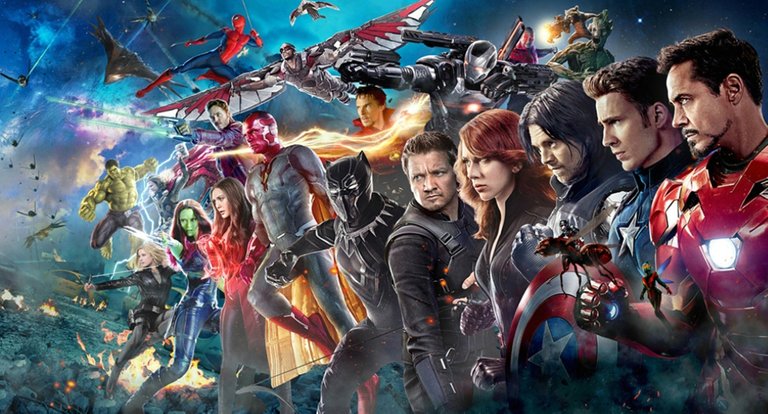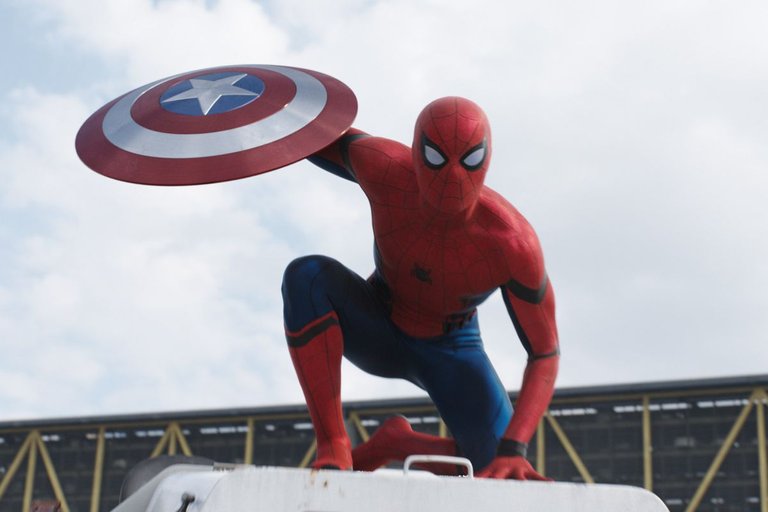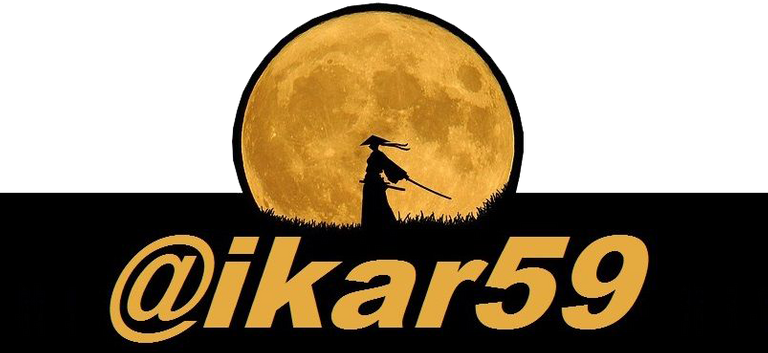
Within all the types of Shared Universes that can exist on the big screen, the one corresponding to the superhero genre is the most emblematic. The Marvel Cinematic Universe (MCU) is the main representative of this trend right now, and deservedly so since this was the one that made it trendy. Marvel Studios managed to bring together several comic book heroes for the first time in theaters and this concept has captivated a large audience. But why wasn't something like that tried before?
Shared universes have existed for many decades in the comic book pages, mainly under a particular publisher. For example Marvel Comics (the comic book publisher) represents a universe that has characters such as Iron Man, Spider-man, Captain America, the X-men, Fantastic 4, Blade, Thor, Hulk, and many others. These characters have been interacting in the comic books for a long time. On the other hand DC Comics has a shared universe that has characters like Batman, Superman, Wonder Woman, Green Lantern, etc. In the same way there are other smaller publishers with their own universes.

But bringing them together on the big screen is not as easy as it seems and there may be different causes why this wasn't possible before. In some cases it could have been fear from the studios, lack of vision or even creativity, but a determining factor is related to legal issues that the common spectator is unaware of. Although many characters are sheltered under the same editorial company, they have been created by different authors, so there must be legal agreements between the publisher and the authors in advance so that the stories of the heroes are published and can even be crossed.

In addition to this, the heroes represent specific registered trademarks within said publishers, to be commercialized in their own series or print runs according to the nature thereof, that is, if they are individual or if it is a group (X-men, Fantastic Four), as well as their commercialization in other media. Therefore everything related to the legal rights for the commercialization of comic book characters in other media is processed independently by each registered trademark, involving the publisher and the authors themselves (when the latter still have some legal right over their creations).

Given the aforementioned, we have to understand that in order for a studio to create a shared universe, it must have the cinematographic rights of each character that it wishes to include in it, which are different from the rights to use them in animated series or licenses to make toys. In many cases they haven't been able to bring together characters on the big screen for this reason. The case of Marvel Comics is interesting because in the nineties this editorial was on the verge of bankruptcy and sold film rights of some superheroes to different studios to be able to survive financially.

For this reason we saw X-men, Fantastic Four and Daredevil films made by Fox, two Spider-man sagas by Sony Pictures and other projects made by other studios. In the same way some rights were sold to studios that never came to do anything with the characters they acquired. However, an interesting aspect of these legal agreements is the existence of a clause that specifies that if the studio don't produce a film of the character in question for a specified number of years, the rights return to Marvel.

For this reason, Marvel has recovered property rights like Daredevil, Blade, Ghost Rider, Punisher, etc., while others like Spider-man, X-men and Fantastic 4 have been out of reach because the studios that own those rights always manage to produce films with the characters just in time to keep them, sometimes without paying much attention to the quality or continuity of the movies. The MCU was born when Marvel decided to create its own studio to produce feature films with the characters they had available at that moment and to create a shared universe with them, so they became the pioneers and now leaders of this trend.
The story of how Spider-man managed to share screen with MCU heroes is a special case that deserves its own article.

All rights to the images belong to Marvel Comics, Marvel Studios, 20th Century Fox and Columbia Pictures/Sony.


Thank you ikar59! You've just received an upvote of 78% by @ArtTurtle!
Learn how I will upvote each and every one of your art and music posts
Please come visit me as I've updated my daily report with more information about my upvote value and how to get the best upvote from me.
Congratulations @ikar59! You have completed the following achievement on the Steem blockchain and have been rewarded with new badge(s) :
Click here to view your Board of Honor
If you no longer want to receive notifications, reply to this comment with the word
STOPTo support your work, I also upvoted your post!
Do not miss the last post from @steemitboard:
Voto Premio actividad Discord @templo, enhorabuena!!
Hello @ikar59, thank you for sharing this creative work! We just stopped by to say that you've been upvoted by the @creativecrypto magazine. The Creative Crypto is all about art on the blockchain and learning from creatives like you. Looking forward to crossing paths again soon. Steem on!
Congratulations @ikar59! You have completed the following achievement on the Steem blockchain and have been rewarded with new badge(s) :
Click here to view your Board of Honor
If you no longer want to receive notifications, reply to this comment with the word
STOPDo not miss the last post from @steemitboard: